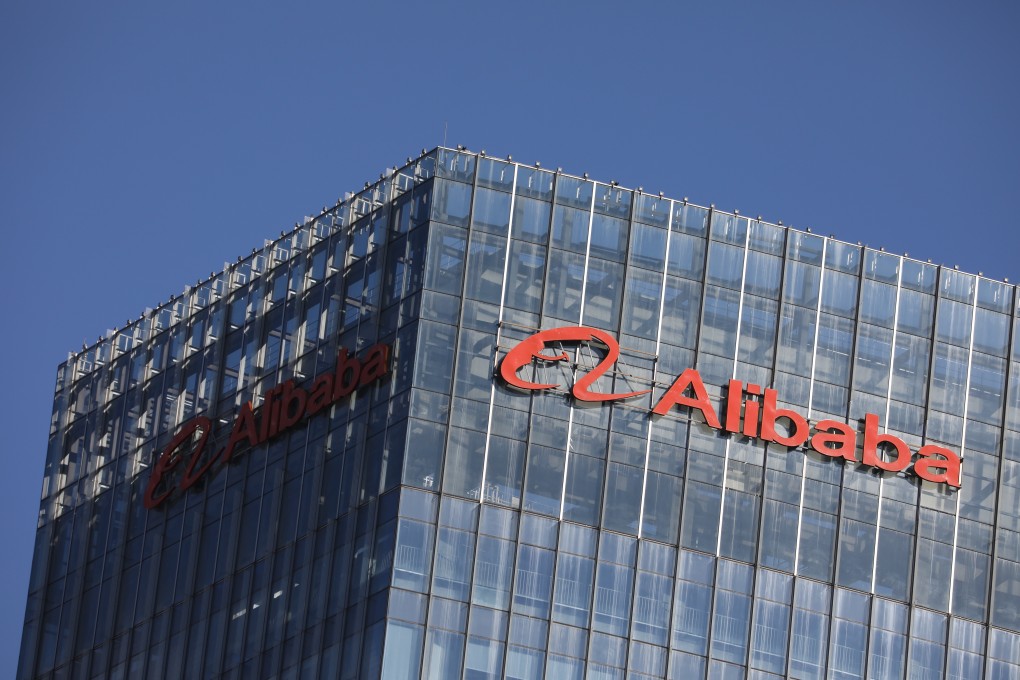Alibaba net income plummets 87 per cent, with first adjusted profit decline in more than five years
- Alibaba net income fell 87 per cent for the September quarter, worse than estimated, as it ploughed money into Taobao Deals and Lazada
- The company’s cloud business grew 33 per cent

Net income fell to 3.4 billion yuan (US$524 million), compared with 26.5 billion yuan a year earlier. The drop was worse than what was expected by analysts, who estimated the company would see 24 billion yuan in net income. Alibaba attributed the decline to heavy investment in its new bargain marketplace Taobao Deals, local consumer services, Taocaicai, used for local community group buying, and Lazada, the Singapore-based e-commerce platform Alibaba acquired in 2016. It also includes losses from investments in publicly-traded companies.
Adjusted profit for the Hangzhou-based technology firm, which owns the South China Morning Post, was down to 28.52 billion for the quarter, a 39 per cent decline, marking the first fall in adjusted profit for the company in 22 quarters. Revenue reached 200.7 billion yuan for the quarter, a 29 per cent increase year on year but below the expected 207.4 billion yuan, according to estimates by 35 analysts compiled by Bloomberg.
Alibaba said gross merchandise value year-on-year growth also fell to single digits because of a market slowdown and more e-commerce players. “I think our performance to some extent will reflect the overall market conditions,” Alibaba CEO Daniel Zhang Yong said.
Zhang suggested the company would continue to prioritise the growth of its new businesses.
“Our priority for Taobao Deals and Taocaicai is to still to build the right infrastructure, in terms of the manufacturers-to-consumers model in Taobao Deals, as well as a hyperlocal community marketplace infrastructure,” he said. “So I think these are our priorities.”
Alibaba projected 20 to 23 per cent growth for next fiscal year. The company’s share price dropped 5.3 per cent on Thursday, closing at HK$156 (US$20) in Hong Kong before the latest quarterly results were announced.